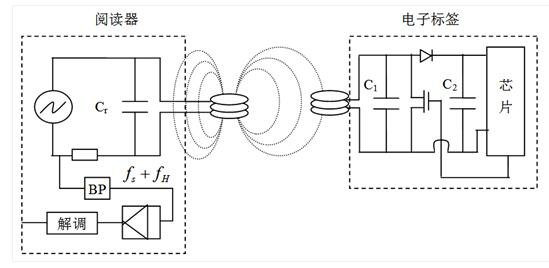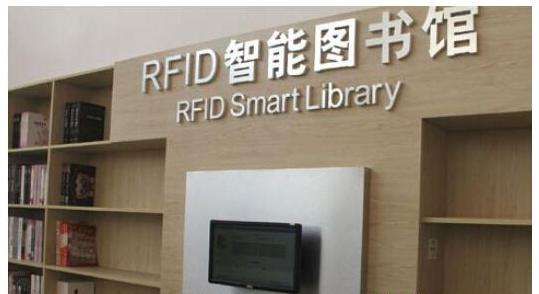RFID (Radio Frequency Identification: Radio Frequency Identification) is a non-contact automatic identification technology that automatically recognizes the target object and obtains related data through radio frequency signals. The identification work does not require human intervention. As a wireless version of the barcode, RFID technology has a barcode It does not have the advantages of waterproof, antimagnetic, high temperature resistance, long service life, large reading distance, encryption of data on the label, larger storage data capacity, and free change of stored information. Its application will bring to retail, logistics and other industries Revolutionary change.

Daily life applications of RFID:
1. Logistics: cargo tracking in the logistics process, automatic information collection, warehousing applications, port applications, express delivery.
2. Retail: real-time statistics of commodity sales data, replenishment, anti-theft.
3. Manufacturing industry: real-time monitoring of production data, quality tracking, and automated production.
4. Apparel industry: automated production, warehouse management, brand management, single product management, channel management.
5. Medical treatment: medical equipment management, patient identification, baby anti-theft.
6. Identification: e-passport, ID card, student ID, work permit and other electronic documents.
7. Anti-counterfeiting: anti-counterfeiting of valuables (tobacco, alcohol, medicine), anti-counterfeiting of tickets, etc.
8. Asset management: all kinds of assets (precious or large quantities of highly similar or dangerous goods, etc.).
9. Transportation: high-speed non-stop, taxi management, bus terminal management, railway locomotive identification, etc.
10. Food: Management of freshness of fruits, vegetables, fresh, food, etc.
11. Animal identification: identification and management of animals, livestock, pets, etc.
12. Libraries: bookstores, libraries, publishing houses and other applications.
13. Automobile: manufacturing, anti-theft, positioning, car keys.
14. Aviation: manufacturing, passenger ticket, luggage and parcel tracking.
15. Military: identification and tracking of ammunition, guns, materials, personnel, trucks, etc.
Rfid daily life application examples
1, NFC
NFC (Near Field Communication) technology evolved from the integration of non-contact radio frequency identification (RFID) and interconnection technology is a short-distance high-frequency wireless communication technology that allows non-contact point-to-point data transmission between electronic devices ( Within ten centimeters). The near field communication service combines near field communication technology and mobile communication technology to realize multiple functions such as electronic payment, identity authentication, ticketing, data exchange, anti-counterfeiting, and advertising. It is a new type of service in the field of mobile communication.
2, Smart Library-RFID smart book management system, self-service book borrowing and returning system, book anti-theft access control system, etc.
Smart Library = Library + Internet of Things + Cloud Computing + Smart Equipment. Smart library, also known as smart library, is a modern building formed by applying smart technologies such as RFID in library construction. It is a combination and innovation of smart buildings and highly automated digital libraries.

